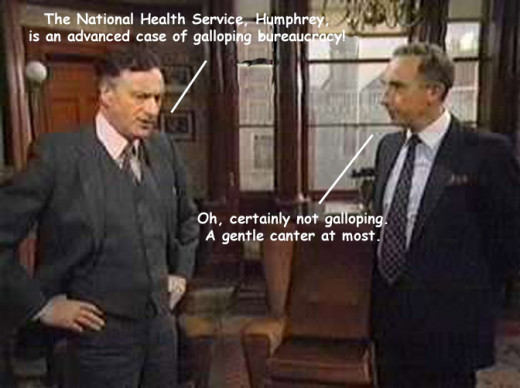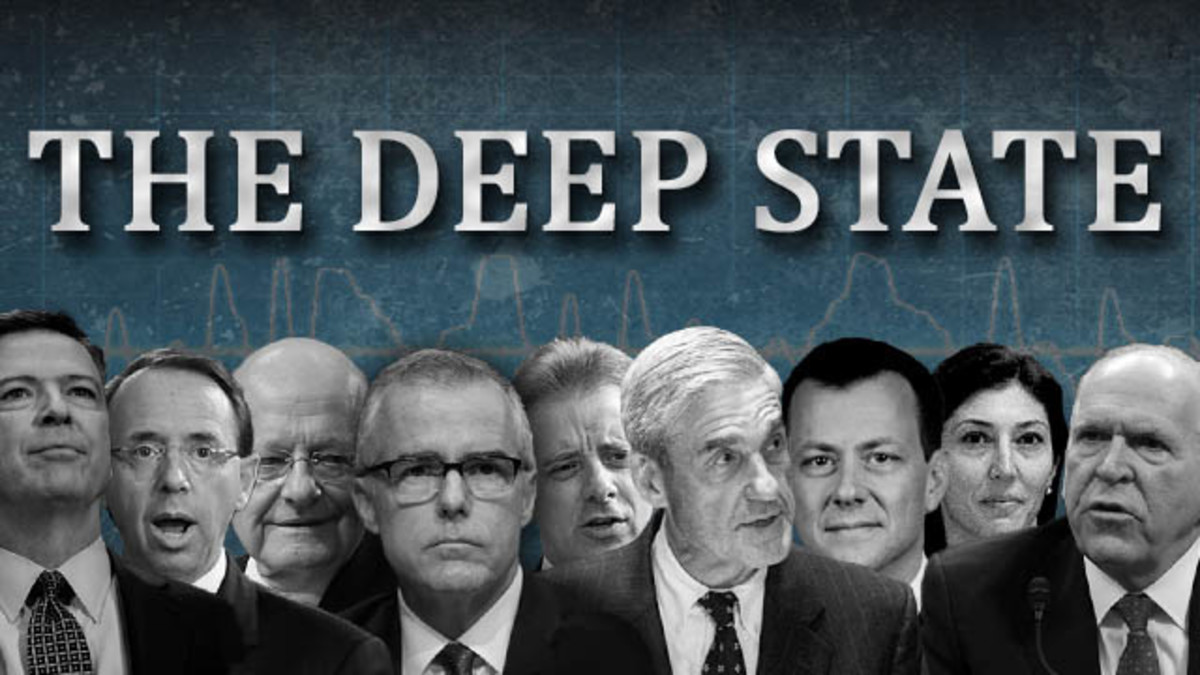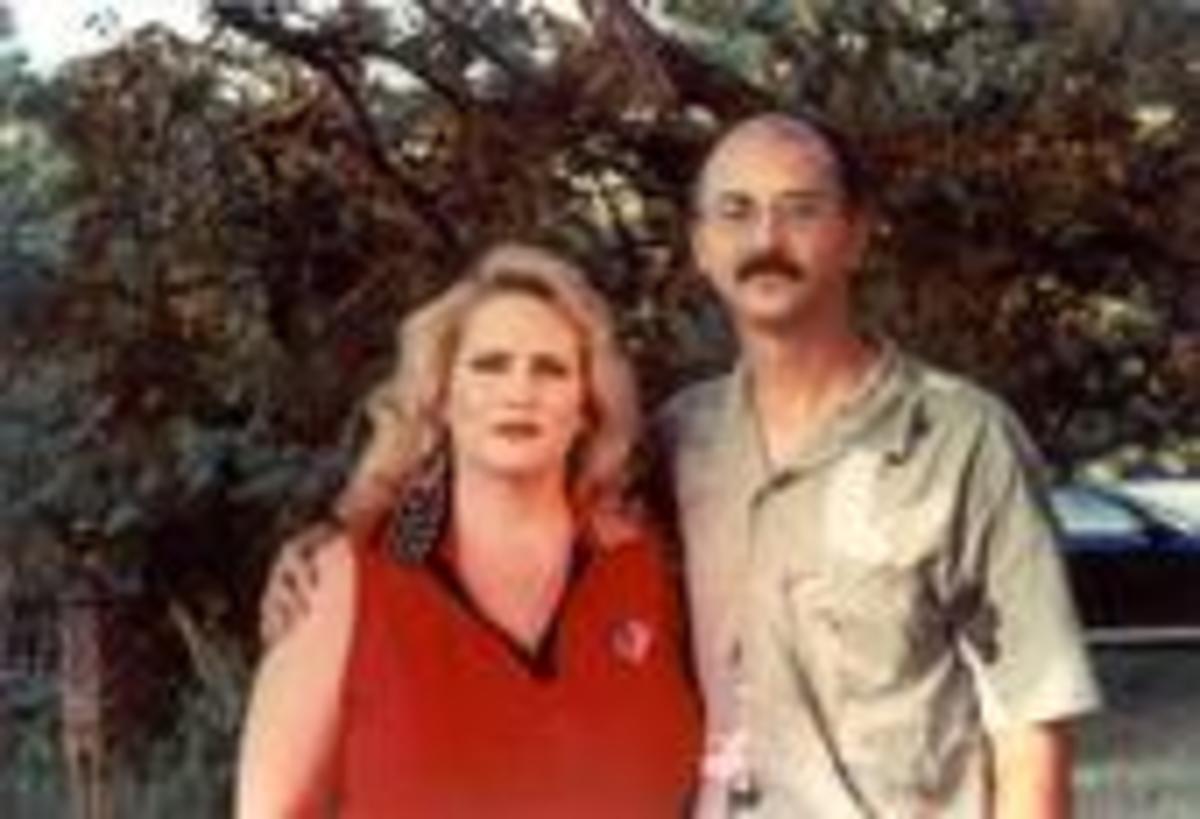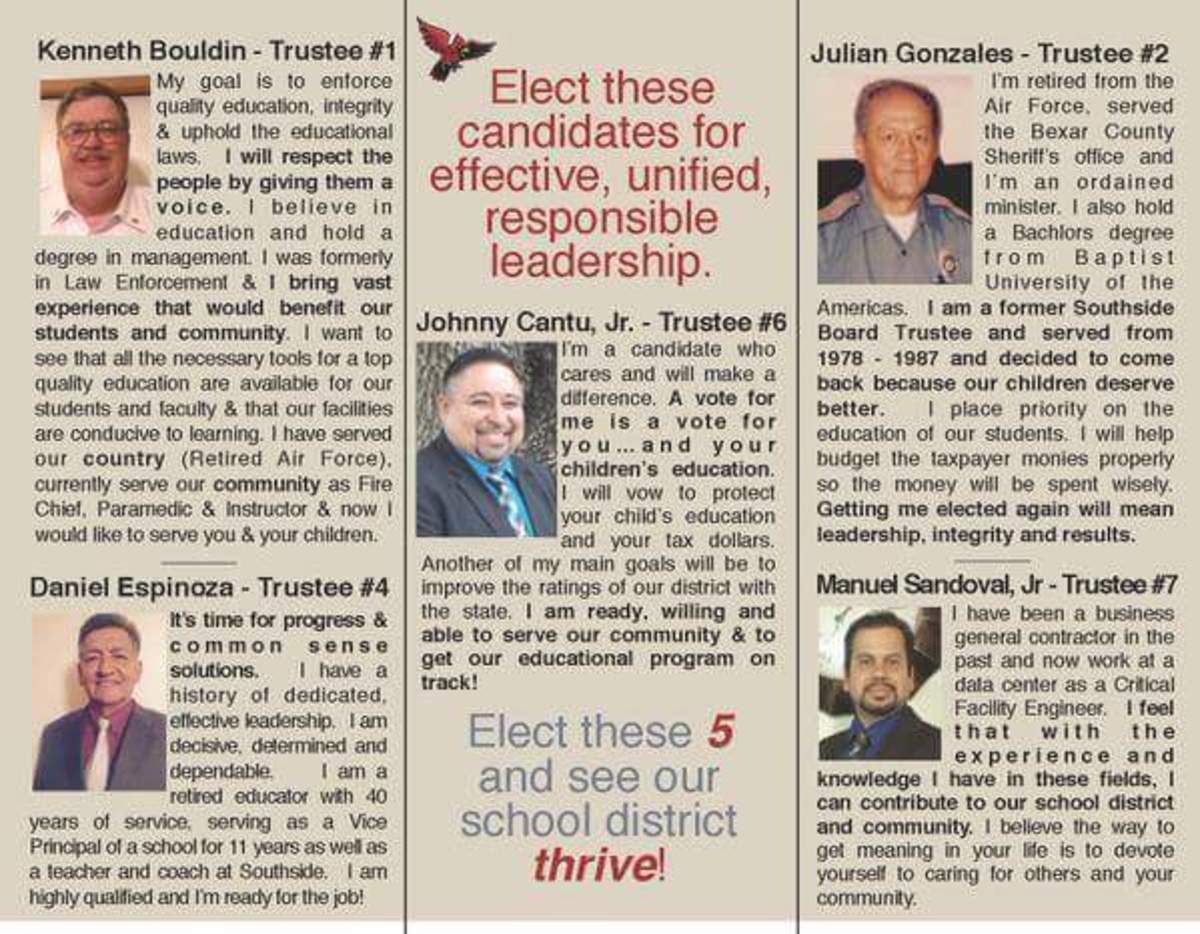The Danger of Expanding Bureaucracies

Bureaucrats, Cubicle Drones and Functionaries, Oh, My!
Enough! Stopping the uncontrolled expansion of the U.S. government has got to be the most important task facing conservatives today. The great danger in expanding the government is that doing so creates more bureaucrats. Once you create new bureaucrats, it becomes almost impossible to rid the place of them. It is axiomatic that once you reach a critical mass of bureaucrats, the government ossifies and change back toward smaller government becomes virtually impossible. In fact, every attempt to reduce the number of bureaucrats only seems to increase their numbers.
Nigel Hawthorne made a particularly enlightening comment about this phenomenon in his role as civil servant extraordinaire, Sir Humphrey Appleby on the BBC series “Yes Minister”. Here's the exchange with his boss the elected MP.
Jim Hacker, MP: Twenty three thousand! In the Department for Administrative Affairs? Twenty three thousand people just for administering other administrators. We have to do a time-motion study; see who we can get rid of.
Sir Humphrey: We did one of those last year.
Jim: And?
Sir Humphrey: It transpired that we needed another five hundred people.
Civil Servants exist to insure that nothing ever changes. They live in cubicles. They work seven days a week pushing papers around in an effort to basically avoid doing anything new or different. Change is meaningless to bureaucrats. It is anathema. Change means more work, something no bureaucrat welcomes.
Sir Humphrey on getting things done in civil service: "The Foreign Office aren’t there to do things. They’re there to explain why things can’t be done.”
Bureaucratic immobility is why every revolution in South America ends up replacing one corrupt government with a virtually identical one. They merely change the leadership. The civil service remains intact and in place. You can’t get rid of them. Bureaucracies are so hardwired into the fabric of a country that, if they were to suddenly disappear, we wouldn’t know what to do next. Just look how much of our time is wasted appeasing bureaucrats. There’s standing in line at the post office, the DMV, preparing IRS forms, sales tax forms, forms your bank makes you fill out because some bureaucrat somewhere tells them you have to.
In my years on the TxDOT Public Transportation Advisory Committee, I discovered that much of the paperwork, regulation and headache of getting transportation systems into place is not because someone passed a law, but because some bureaucrat in a tiny office somewhere decided they wanted some paperwork from you in order to justify their existence. And, because they have their ink-stained fingers firmly round your funding or approval for your project, you tamely submit.
I remember trying to find out why we were prohibited from solving transit problems with innovative, out of the box ideas. I was inevitably told we couldn't do that.
"Why?" I asked.
"Because it is policy that we can't do it that way?"
"Well, how do we change the policy? Do I need to talk to my representative and senator?"
"That won't help."
"Why?"
"Because it's a policy, not a law."
"And who came up with that policy?"
"I'm not sure."
"Then, who do I talk to about getting that policy changed?"
"I don't know?"
"What if I talked to the Director?"
"You can't do that!"
"Why?"
"It's against policy!"
This seemed entirely logical to this person. I attempted to go around the system and actually had some success in getting some policies changed. It was soon being whispered about that I was anti-transit and I only lasted one term. A local bureaucrat wrote me a letter in which he said it served me right for being arrogant!
A few years back when the state reduced the bureaucracy for human service related programs from 22 agencies to 5 there was a hew and cry about the land. They organized a series of local anti-change forums trying to stop the consolidation of departments and programs. Their arguments was that it couldn't be done without hurting poor and needy people. I went to one of the anti-change meetings and listened. After a while I smelled a rat. I stood up.
Me: "If we reduce the bureaucracies, won't there be more money for people in the programs?"
Speaker: "But the social workers will be overloaded and won't be able to process them all, so many people will not be served."
Me: "What if we reduce the paperwork needed to process them."
Speaker: "Then we won't know if they are really eligible."
Me: "Wouldn't it be better to miss a few welfare moochers and serve more people than to spend all our money on people sitting in offices pushing papers around?"
He paled a little and made a face like a fish trying to breathe out of water. Then, I asked the speaker who he worked for.
Speaker: "I represent Citizens for Social Justice, a coalition of agencies....."
Me: “No, I mean, who do you actually work for? Who gives you a paycheck?”
Speaker: "Uh, my, uh, regular job is with the Federal and State Employees Union."
Me: "I see...."
That’s what I had guessed. The reason we have to stop this expansion of government is that once it happens, we’ll never be able to get rid of all the bureaucrats. Then, if we get all those new bureaucrats, they’ll make us waste even more time waiting in lines and filling out forms instead of doing our jobs. I’m about ready to sell everything, buy myself a schooner and become a tramp trader in the South Sea islands.
The problem is, I could probably never get all the paperwork done to even get my boat out of port. I’d run off to the mountains, but I probably need a permit. Last time we had a church picnic, we had to reserve the lakeside campground 3 months in advance and leave a large deposit and fill out an environmental impact statement, insurance release, show proof of liability and proof of financial responsibility. I’m probably exaggerating, but not by much. The only thing they didn’t ask for was proof of citizenship. That one I might have understood…
Tom King Flint, TX
P.S. Also you might be interested in one more gem from Sir Humphrey on health care strategy in Britain when Hacker told him that if they streamlined the National Health Service the government could save the lives of more than 100,000 people a year:
Sir Humphrey: “Yes, but we’ve been into that. It has been shown that if those extra one hundred thousand people had lived to a ripe old age that they would have cost us even more in pensions and social security, than they did in medical treatment. So financially speaking it is unquestionably better that they continue to die at the present rate.”






